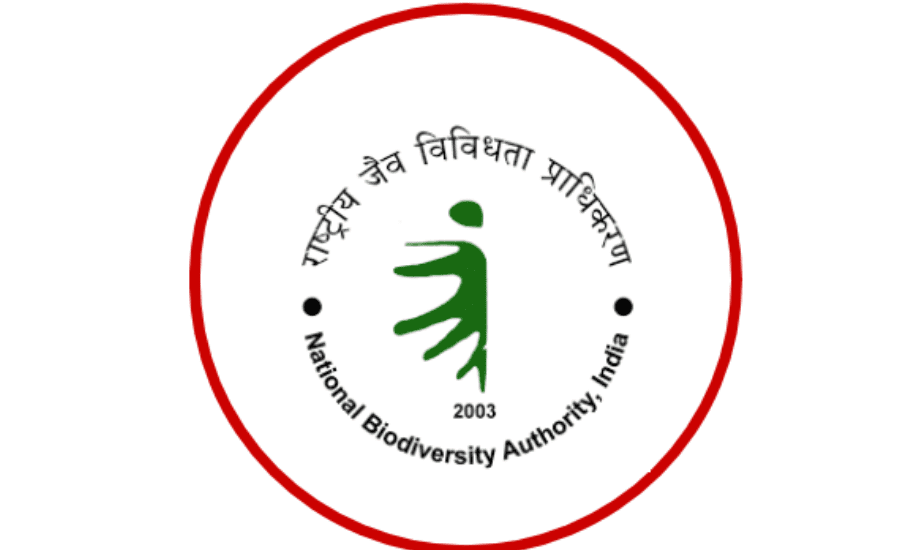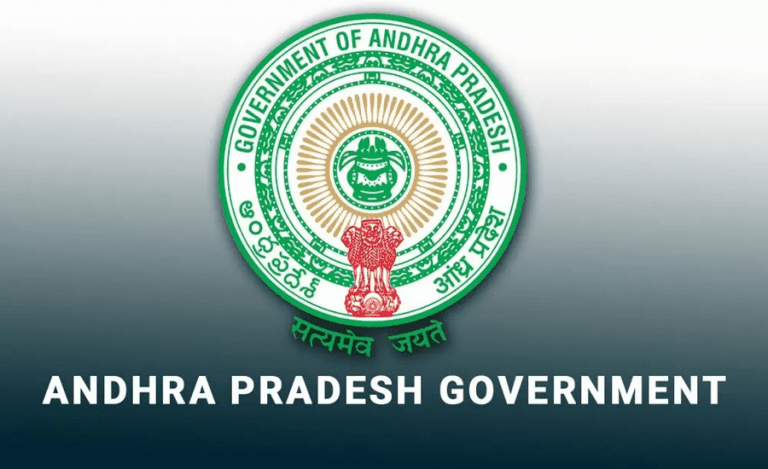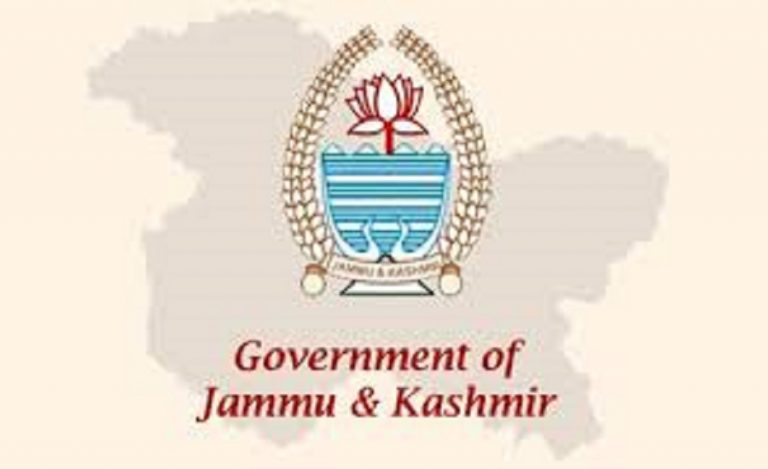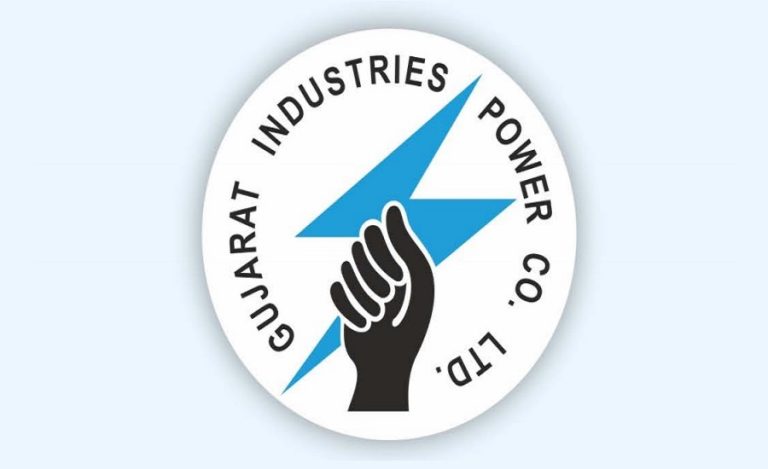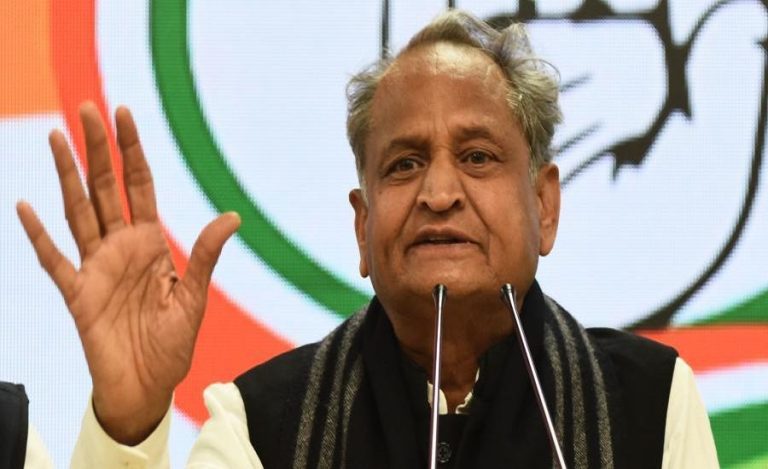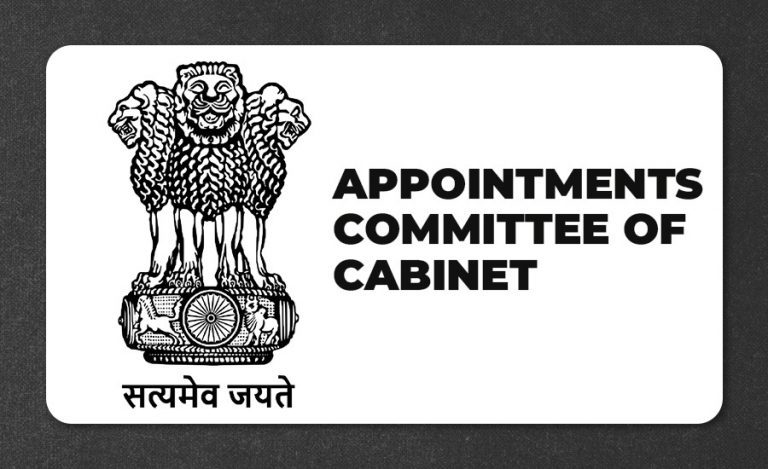New Delhi: In a significant stride for India’s biodiversity governance, the National Biodiversity Authority (NBA) has released ₹ 43.22 lakh in patent-linked Access & Benefit-Sharing (ABS) funds to benefit claimants for the first time. This cash injection comes from the commercialisation of Indian biological resources through Intellectual Property Rights (IPR) applications, signalling a new era of community-participation and fair reward under the ABS regime.
Background of NBA Drive
India, as one of the world’s mega-diverse nations, houses vast biological resources and traditional knowledge. The legal framework under the Biological Diversity Act, 2002 and subsequent rules empowers the NBA to regulate access to biological resources and ensure equitable benefit-sharing when they are used for research, commercial utilisation or IPR.
Earlier, procedures and regulations under the ABS regime have been enhanced. For example, new regulations (from April 2025) refine how benefit-sharing is calculated, particularly for IPR and commercialisation.
Importance of Patent Linked Access & Benefit Sharing Scheme
- First-ever patent-linked payout: The ₹ 43.22 lakh amount is derived from IPR applications that utilised Indian biological resources and resulted in commercial exploitation.
- Benefit to grassroots stakeholders: Funds have been disbursed to sixteen State Biodiversity Boards (SBBs), including Andhra Pradesh, Tamil Nadu, Odisha, Uttar Pradesh, Madhya Pradesh etc., which will in turn channel the amounts to local benefit claimers (BMCs, communities, knowledge-holders).
- Boost to biodiversity governance: The funds support conservation-oriented activities such as creating/updating People’s Biodiversity Registers (PBRs), documenting traditional knowledge, and strengthening community-based sustainable livelihoods.
- Alignment with global commitments: The move reinforces India’s commitment to implementing the Nagoya Protocol (on Access and Benefit Sharing) by demonstrating a tangible benefit-sharing instance from commercial use of biological resources.
Challenges in Patent Linked Access & Benefit Sharing Scheme
- Tracking and transparency: Ensuring that the funds flow all the way to the intended claimers (communities, knowledge-holders) and are used transparently for sustainable outcomes remains a challenge.
- Awareness and capacity-building: Many local stakeholders may not be fully aware of their rights under ABS, or may lack capacity to claim or monitor benefits.
- Valuation of resources & knowledge: Accurately assessing the value of traditional knowledge or indigenous biological resources and commercially derived proceeds remains complex.
- Compliance and enforcement: Ensuring that all users of Indian biological resources — particularly those filing for IPR or commercial exploitation — fully comply with ABS obligations, prior approvals and benefit-sharing arrangements.
Implications of Patent Linked Access & Benefit Sharing Scheme
- For local communities: A real financial incentive is now available, which may encourage greater community participation in biodiversity conservation and sustainable resource management.
- For industry and innovators: Entities utilising Indian biological resources or filing for IPR must factor in ABS obligations, documentation and eventual benefit-sharing liability into their business models.
- For biodiversity conservation: With funds directed toward PBRs, documentation of knowledge, and livelihood support, this may strengthen local stewardship of bio-resources and enhance conservation outcomes.
- For national policy: This move sets a precedent, signalling the operationalisation of ABS in India in the IPR space, which may lead to more active monitoring and enforcement of regulatory frameworks.
Way Forward
- Strengthening monitoring & audit: The NBA along with SBBs should develop a transparent mechanism to track disbursal, utilisation and impact of ABS funds at the grassroots.
- Capacity-building for communities: Training and awareness programmes for benefit claimers (communities, BMCs) to understand their rights and effectively engage in ABS processes.
- Streamlined procedures for innovators: Clearer guidelines & faster approvals for IPR users and commercial entities, with well-defined benefit-sharing formulas, to minimise friction.
- Encouraging documentation of traditional knowledge: Incentivising the documentation of indigenous knowledge and inclusion of local knowledge-holders in the innovation chain could both protect and empower them.
- Periodic review & transparency: Periodic public reports on ABS collections, allocations and outcomes will boost credibility and enhance stakeholder trust.
- Promotion of equitable business models: Encouraging collaborations between industry, academia and local knowledge-holders to create sustainable, benefit-sharing oriented ventures.
About the National Biodiversity Authority
The National Biodiversity Authority (NBA) is a statutory body under the Ministry of Environment, Forest and Climate Change, tasked with advising the Government of India, granting approvals for accessing Indian biological resources, and overseeing benefit-sharing obligations.
Through its oversight of state biodiversity boards and local biodiversity management committees (BMCs), the NBA ensures that communities, knowledge-holders and custodians are integrated into India’s biodiversity economy.
Read Also: Historic First! ₹55 Lakh Released to Tamil Nadu Farmers under Red Sander Benefit Sharing Scheme

